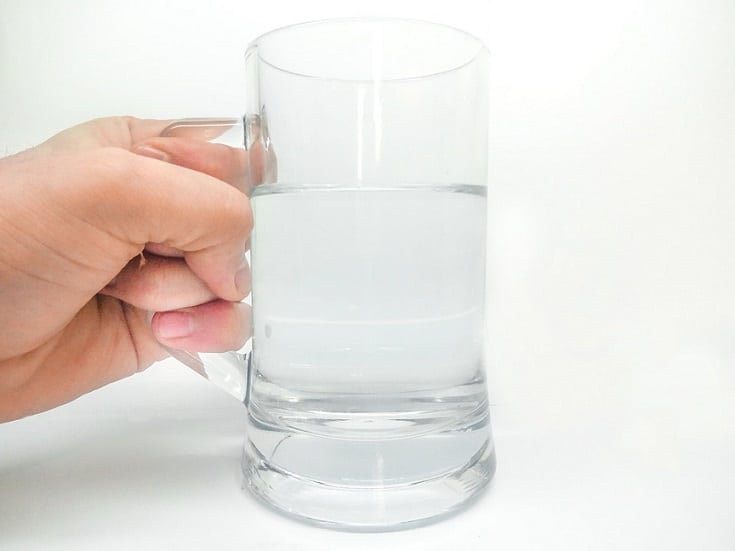Both excessive loss of water and inadequate intake of water are primary contributors to the development of dehydration. In nearly all cases, dehydration is brought on by a simultaneous occurrence of both of these factors.
Chronic dehydration is the result of either not drinking enough water or consuming an inadequate amount of water over a long period of time. Chronic dehydration can result in the accumulation of toxins, the impairment of biological functioning, the stasis of bodily fluids, and other health problems.
Chronic dehydration can be brought on by excessive water loss due to exertion or by a disease that causes diarrhoea, vomiting, loss of blood, and excessive perspiration due to an extremely high temperature. During a period of illness, it is essential to consume a suitable amount of water in order to maintain proper hydration and rid the body of harmful toxins. When a child is ill, they are especially prone to becoming dehydrated, and this risk is increased significantly if the child is vomiting, has diarrhoea, or has a fever.
The following can lead to acute dehydration:
Diseases of the Skin and Burns The human skin is the largest organ in the body and also the largest organ in terms of its ability to eliminate waste products. When the skin is damaged by conditions such as burns or diseases that cause inflammation of the skin, the body’s fluids can seep into the wound. This additional fluid loss can cause other portions of the body to become dehydrated.
Vomiting and/or Diarrhea: Diarrhea is the most common cause of acute dehydration since each bowel movement involves a large quantity of water loss. Vomiting is the second most prevalent cause of acute dehydration. Each year, diarrheal dehydration claims the lives of more than four million children around the world. The majority of people who vomit due to illness are unable to keep liquids down, making it nearly impossible to rehydrate them once they have lost a significant amount of water due to vomiting.
Sweating an Excessive Amount The human body naturally regulates its temperature by producing sweat. However, when the body is subjected to conditions that cause it to become overheated, such as strenuous physical activity during hot weather or a fever brought on by an illness, an excessive amount of water may be lost. This can throw off the body’s fluid balance, particularly if the lost water is not replaced.
Excessive urination can be the result of uncontrolled use of diuretics or diabetes. Both of these conditions can also cause excessive thirst. Uncontrolled diabetes causes an increase in blood sugar levels, which can lead to symptoms such as frequent urination and an electrolyte imbalance, which in turn can cause a person to become dehydrated. Diabetes often manifests itself with symptoms such as excessive thirst and urination that occurs frequently.
Inability to Drink Water: This condition typically manifests itself when a person is unable to tolerate fluids as a result of illness and vomiting, or when they have mouth sores or sores in the throat as a result of illness. There is also the possibility that there is a lack of access to clean drinking water because of a drought or a scarcity of water in the area.
Water dispenser manufacturer Living-Water has its headquarters in London. Invest in water coolers, water dispensers, and other water cooler accessories for your place of business or residence.






